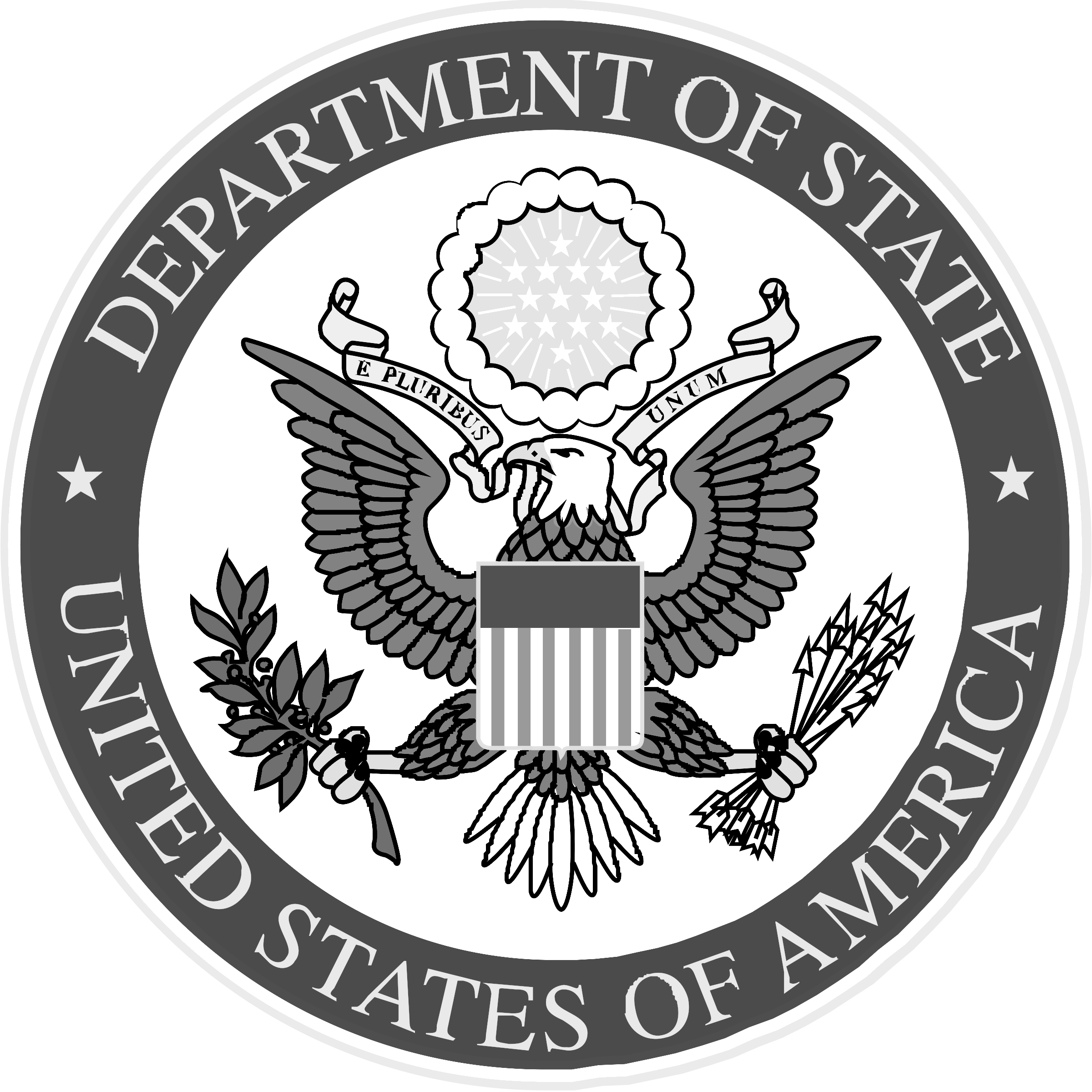Administration Team

Dr. Porsha Childs
Director of Teaching, Learning, and Innovation
Director of Teaching, Learning, and Innovation Dr. Porsha Childs is originally from Silver Spring, Maryland, but moved to South Africa from Madagascar. She joined AISCT in March 2023. With degrees in psychology, education, and linguistics, she most recently studied at Columbia and the University of Maryland. Porsha has over a decade of classroom experience, working with a diverse group of students and student needs. In her program management work, she has designed, coordinated, and implemented more than a dozen co-curricular and experiential learning programs and has used institutional data to drive curriculum and programmatic changes.
Porsha is most passionate about expanding learning beyond the walls of the school and believes that, as global citizens, we all have a role in positively changing the world.
She is joined at AISCT by her husband and two children.

Peter Thorpe
High School Principal
Hailing from Edmonton, Canada, Peter Thorpe has been an upper school principal and vice-principal at three different international schools over the past 19 years. Working in Germany, China, and the UAE, he brings a wealth of upper school leadership experience and knowledge to the position.
During his educational journey, Peter discovered what he believes to be the incredible value of an international education, allowing students and teachers to tackle real-world issues from multiple, global perspectives.
Peter holds a master’s degree in international education from Endicott College and a Bachelor of Education degree from the University of Alberta.
He is joined at AISCT by his wife and two children.

Rachel Rubio
Elementary School Principal
Rachel Rubio joined the AISCT community in July 2023. Rachel grew up in Texas, USA and attended the University of Texas at El Paso.
Before joining AISCT, Rachel served as preschool and elementary school administrator at the American School of Valencia in Spain. Before that role, she was an elementary school principal and assistant principal in Colorado for ten years. Rachel began her career in Texas as an elementary school classroom teacher. She holds a master’s degree in school leadership and administration from the University of Colorado and a bachelor’s degree in interdisciplinary studies from the University of Texas-El Paso.
Rachel, a Mexican-American, brings an important and impactful cultural perspective to AISCT’s DEIJ program to help continue moving the school forward.

Julian Saunders
Technology Director
Julian Saunders earned a Master of Science degree from the University of KwaZulu-Natal. After conducting field research in South Africa and Ethiopia, he followed his passion for research and education by joining the New York Consortium of Evolutionary Primatology, a doctoral program focusing on primate evolution and behavior, where he indulged his penchant for technology by building cloud-based platforms to facilitate collaboration between cross-continental research teams. Later, his interest in conservation led to him co-founding the Primate Conservation Committee as part of the Primate Ecology and Genetics Group, as well as co-founding the Baboon Research Unit at the University of Cape Town. These endeavors led to the establishment of the Imfene Conservation Program, an outreach program for children using a data-driven approach to conservation education.
The change in his education focus from adults to children, combined with his strong belief in the power of technology to positively impact the world, led him to his current position of Technology Director at AISCT.
Julian promotes the use of technology, ranging from coding to robotics, to empower students to collaborate, creatively solve problems, think critically, communicate effectively, and to tackle local and global challenges.
School Board
AISCT is overseen by a Board of Governors comprising Larry Balli, Michael Dougherty, Kristy Dewi, Paul du Toit, and Alasdair Sholto-Douglas, who have been appointed according to the bylaws of its Deed of Foundation. The Board is responsible for the school’s fiscal solvency and overall success. Its responsibilities include:
- Oversee and promote the overall success and fiscal health of the school;
- Appoint and evaluate annually the Head of School, who administers school policy;
- Develop, approve, and insure the implementation of school policy, and insure efficient and
logical allocation of the school’s human and material resources; - Monitor the use of the school’s existing facilities and develop new ones which might
enhance program delivery; - Ensure the maintenance of the school’s good relationships with the government of the
Republic of South Africa in general and the Ministry of Education in particular; - Meet periodically in accordance with the stipulations of the Articles of Association. The
meetings are managed according to the Deeds of Foundation.
The School Board at AISCT operates with a self-perpetuating, “corporate governance” model, a model endorsed by such organizations as the Council of International Schools and the National Association of Independent Schools. The corporate model of a self-perpetuating board allows the board to choose itself and its successors and to focus largely on the strategic future of the school and generative thinking, leaving the operation of the school to the Head of School.
Three of the Board Members are designated as “Directors” by virtue of their having established the school and financed its start-up in 1992. These three are Larry Balli, Michael Dougherty, and Kristy Dewi.
In the event that a Board Member resigns, he or she will be replaced by appointment of the Board Directors. The criteria for selection will be, as it was for the existing members, an interest in supporting AISCT, a willingness to invest time for meetings and activities, and the background, connections, and position to advance the school’s mission.
The Board evaluates the Head of School annually. Parents, teachers, and students have the opportunity to evaluate the Board’s performance in annual surveys and at meetings convened periodically by the Board to communicate the school’s financial position and plans for the future.
School Council
AISCT convenes a School Council throughout the course of the year. The Council consists of seven members, three of which are community members elected by the school constituents, three of which are appointed by the ISF Board, and one teacher representative. The Council serves to advise and help guide the direction of the school. The AISCT Head of School has a standing invitation to attend all meetings.
School Council member elections take place at the start of the academic year in August, followed by a Council meeting in September.











